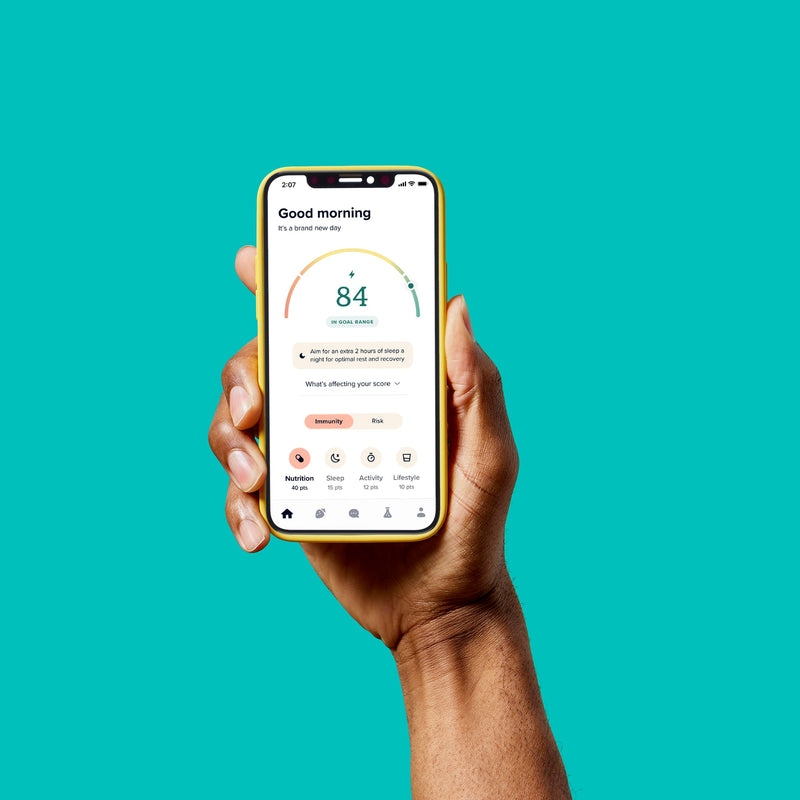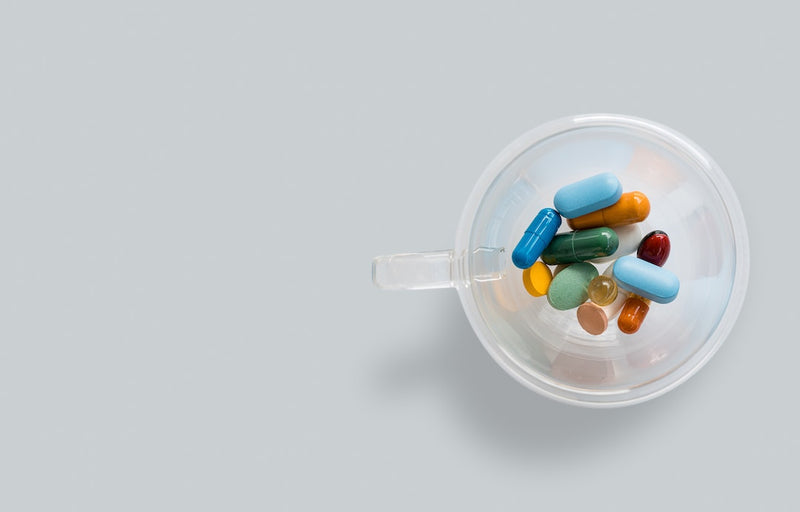The immune system is the body’s defense against everything from cold and flu viruses to serious conditions such as cancer. Both smoking and vaping have been shown to have many negative impacts on health, including impairing immune function. (Reidel et al, 2017)
When your lungs are exposure to toxins and chemicals in tobacco products it leads to immunosuppression and inflammation. Further, this damages the outer layer of the lunch among that protects the lungs from infection. It also damages the cilia, hair-like structures that push out debris out of your lungs. (U.S. Department of Health and Human Services, 2014)
While there is no way to reverse scarring or lung damage that years of smoking can cause, your lungs and body immediately gets to work to start removing toxins, regenerating cilia, and more. This is how your body starts to recover when you quit smoking (CDC, 2020):
- 20 minutes: Your blood pressure and heart rate recover from the nicotine-induced spikes.
- 24 hours: Nicotine levels in your blood return to zero.
- 1-7 days: Carbon monoxide level in the blood drops to level of someone who does not smoke
- 2 weeks: Your circulation and lung function begin to improve.
- Within 1 year: clear and deeper breathing gradually returns; you have less coughing and shortness of breath; you regain the ability to cough productively instead of hacking, which cleans your lungs and reduce your risk of infection. Your risk of coronary heart disease is reduced by 50 percent.
The CDC has some resources that can help with smoking cessation, but we also recommend talking to your doctor:
Resources:
- Reidel B, Radicioni G, Clapp PW, Ford AA, Abdelwahab S, Rebuli ME, et al. E-cigarette use causes a unique innate immune response in the lung, involving increased neutrophilic activation and altered mucin secretion. Am J Respir Crit Care Med 2017;197:492–501.
- U.S. Department of Health and Human Services. The Health Consequences of Smoking—50 Years of Progress: A Report of the Surgeon General. Atlanta: U.S. Department of Health and Human Services, Centers for Disease Control and Prevention, National Center for Chronic Disease Prevention and Health Promotion, Office on Smoking and Health, 2014.
- Benefits of Quitting. Centers for Disease Control and Prevention. https://www.cdc.gov/tobacco/quit_smoking/how_to_quit/benefits/index.htm. Published September 23, 2020. Accessed June 14, 2021.
























































